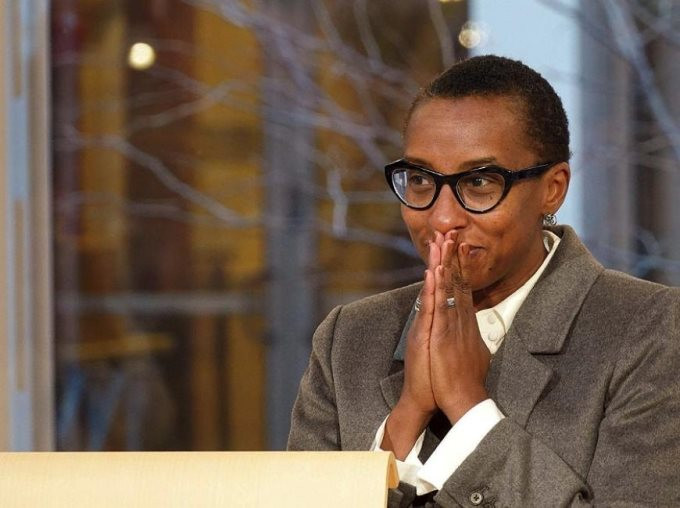Harvard University President Claudine Gay's doctoral dissertation and other research have been accused of serious violations of integrity rules.
According to the Washington Free Beacon, principal Claudine Gay received 39 accusations of plagiarism, in seven research papers, including her doctoral dissertation.
Gay's 1997 doctoral dissertation, "Taking Power: Black Electoral Victory and the Redefinition of American Politics," quoted extensively from a 1996 work by Bradley Palmquist and Stephen Voss, but did not footnote or place the text in quotation marks.
The Free Beacon reports that nearly 20 scholars have encountered similar situations in Ms. Gay's research. This violates Harvard's citation rules: "taking any ideas or language from another person without clearly citing that source in your paper is considered plagiarism." Notably, this is a work that has been awarded a prize by the school for its outstanding quality.
“A professor like me would not accept such a paper from a freshman. It is appalling to see these violations in the research of a Harvard president,” said Steve McGuire, a former professor of political theory at Villanova University.
Associate Professor Stephen Voss and Professor Carol Swain, two academics involved, expressed contrasting reactions.
Professor Carol Swain on December 20 called on Harvard to fire President Claudine Gay, as well as appoint a new president capable of bringing about clean research.
Associate Professor Stephen Voss said that Ms. Gay plagiarized his work, but this was not copying ideas, so the consequences were not serious.
Peter Wood, former president of Boston University, said the author's comments do not change the nature of the behavior. "When it comes to expertise, the entire university community is a victim of plagiarism," Wood said.

The Harvard Corporation, which runs Harvard University, said on December 12 that it had received plagiarism allegations related to three scientific publications by Ms. Gay since late October. After an independent investigation, the results showed that "some cases were not fully cited", but they did not violate the school's research standards.
Neither Harvard nor Gay has commented on the plagiarism allegations in the 1997 thesis. However, Harvard Corporation said that President Gay had proactively suggested adding four citations to two scientific papers written in 2001 and 2017, and would continue to do so with citations in the doctoral thesis.
Members of the Harvard Corporation also unanimously supported Ms. Claudine Gay to continue as president of Harvard University.
Experts say this response is in contrast to how schools handle students who plagiarize, whether intentionally or unintentionally. They are often suspended or even expelled.
The US Congress said on December 21 that it will establish a committee to investigate the fairness of the plagiarism handling process between students and lecturers at Harvard.
Along with cheating on exams, plagiarism is one of the two most common academic integrity violations at Harvard. Of the 138 academic integrity violations reported in the 2020-2021 academic year, 47 students plagiarized.
Dr. Claudine Gay took office as President of Harvard University in July. She is the 30th president, as well as the first person of color to hold the position at Harvard.
According to VnExpress